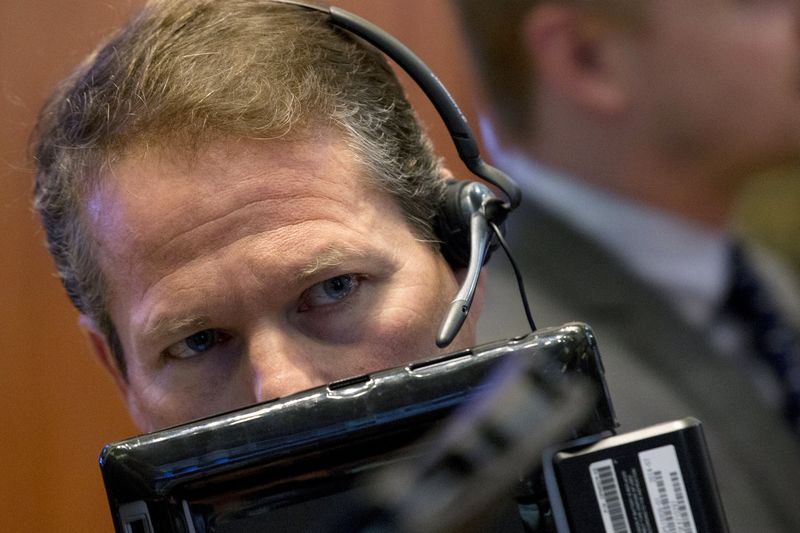L3Harris Boosts Rocket Engine Production with Significant Investments
L3Harris Technologies, a major defense contractor, has significantly increased the production of Aerojet Rocketdyne's rocket engine unit through substantial investments in its facilities and processes. These improvements follow a period during which the unit faced investment shortages and delivery delays to customers.
Acquired by L3Harris 15 months ago, Aerojet Rocketdyne stands out as one of only two manufacturers producing large solid-fuel rocket engines for the Pentagon and plays a critical role in the production of weapon components. These components are crucial for the U.S. in updating its Minuteman III intercontinental ballistic missiles and in stockpiling tactical missiles against China.
Ross Niebergall, president of the Aerojet Rocketdyne segment, spoke about the challenges the company faced in the past, including investment shortages in certain business areas. Despite its importance for national defense, Aerojet was struggling with delivery programs and financial performance, with revenues declining before the pandemic and during a 14-month antitrust investigation that resulted in Lockheed Martin Corp retracting its acquisition offer.
The Federal Trade Commission halted Lockheed Martin's acquisition attempt over antitrust concerns shortly before Russia's invasion of Ukraine in 2022. At that time, Aerojet was months behind in deliveries to its customers, including RTX.
When L3Harris proposed to acquire Aerojet in December 2022, the company was significantly behind in engine deliveries for various missile programs, and future demand was uncertain due to the ongoing conflict in Ukraine.
After completing the acquisition, L3Harris increased capital expenditures on the rocket engine unit by 84%, leading to substantial improvements in production. For instance, Aerojet had been 700 sets behind in Javelin missile shipments but is now ahead by 50 sets and has surpassed five years of backlog.
The investment also resulted in increased revenues for the business unit, reporting $598 million in the third quarter, a 23.6% increase compared to $482 million five years ago. L3Harris modernized factory operations, reduced paperwork, and invested $25 million in the supply chain. This investment achieved a 600% increase in the production of rocket motor casings, critical for missile propulsion.
As armies anticipate a greater need for rockets and missiles in future conflicts, demand for rocket engines is rising globally. While new manufacturers are entering the U.S. rocket engine market, they lack the capability to mass-produce engines approved for Pentagon use.
Niebergall expressed satisfaction with the progress made but noted that there is still much work to be done to meet the industry's high standards and demands.


